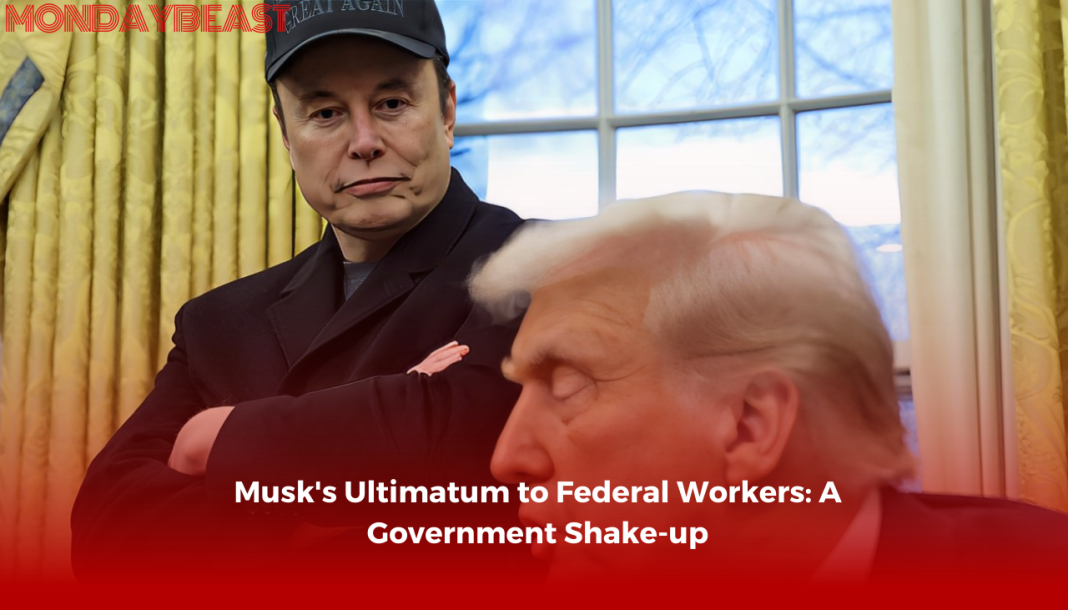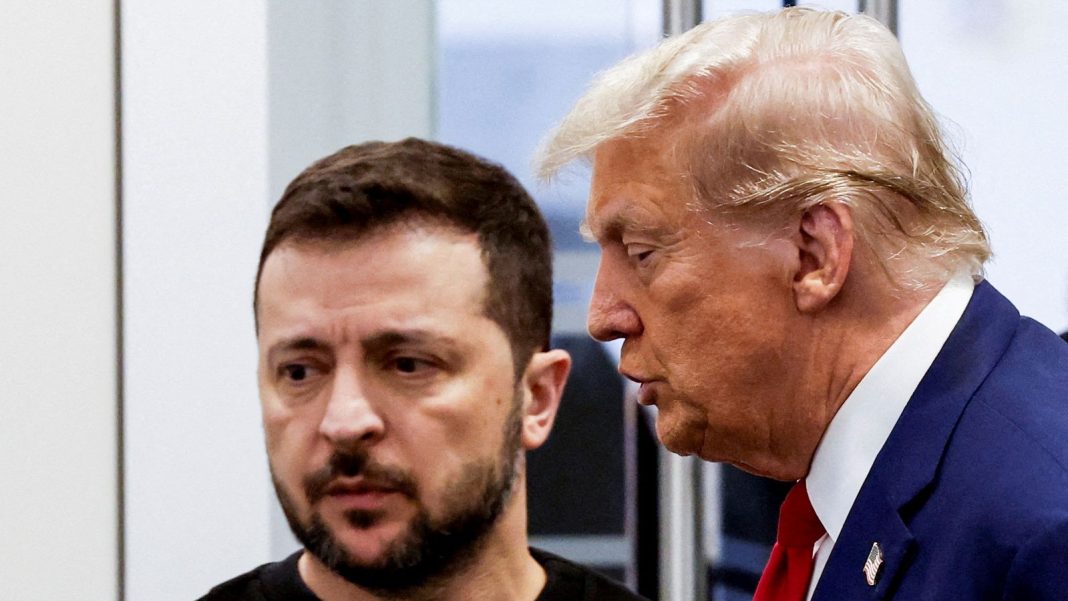In a startling move, Elon Musk has sent shockwaves across the U.S. federal workforce. His ultimatum, delivered through the Office of Personnel Management (OPM), demanded employees to justify their roles. Imagine being in their shoes—facing a deadline to list your achievements in just two days. For many, this wasn’t just a confusing email; it felt daunting, almost threatening.
The directive caught government agencies off guard. It sparked immediate chaos, as different agency heads issued conflicting advice. At the Social Security Administration, workers scrambled to comply. Meanwhile, the Department of Transportation made it clear that responses were mandatory. Have we ever seen such disarray in federal operations? Leaving workers to wonder what happens next.
Just look at the FBI: new director Kash Patel urged employees to pause any responses. Over at the Department of Homeland Security, staff were told to ignore Musk’s email entirely. It raises an intriguing question: in the world of bureaucracy, who really holds the power? Employees were left feeling unsure and vulnerable, caught between loyalty to their jobs and the new demands of outside influences.

Musk’s email was significant. It wasn’t just business. It felt like a test of loyalty. The message stated that failure to respond could be viewed as resignation. Picture waking up to that pressure. Why would anyone put workers through such turmoil, especially when morale is already fragile?
We can’t overlook the impact this had on the workforce. In a time where many agencies are understaffed, the added stress compounded existing workloads. For air traffic controllers at the Department of Transportation, these demands could have dire consequences. They already face challenges, and added pressure could risk safety. What are the implications of this for our country?
Despite the confusion, the OPM’s response provided a glimmer of clarity. They told HR officials: employees shouldn’t feel compelled to respond to Musk’s demands. It begs the question, what authority does Musk really have? As federal agencies grapple with this directive, the reactions from leadership have varied widely. Will this lead to a more unified response, or will it deepen the divisions?
Imagine being an employee who receives disparate messages from agency heads. For some, the response is clear: compliance and survival. For others, it is defiance and uncertainty. The conversations sparked by this ultimatum are vital. We must ask ourselves—what does this mean for the future of government employment? What happens to trust in leadership, when orders come from an unpredictable source?
This scenario sheds light on larger issues within federal employment. Workers crave stability and trust. Musk’s approach might serve as a wake-up call for agencies to reassess these dynamics. What steps are necessary to secure a better working environment moving forward? Perhaps, just perhaps, we will see a collaborative effort to restore faith in the system.
Ultimately, the texting chaos unleashed a broader conversation about accountability. The message from the OPM is crucial: employees must feel secure in their roles. Will we see a backlash against such ultimatums in the future? And more importantly, how will workers, agencies, and the government itself emerge from this extraordinary moment in history? Time will tell, but one thing is certain: the atmosphere of government work has changed. We are watching history unfold.




